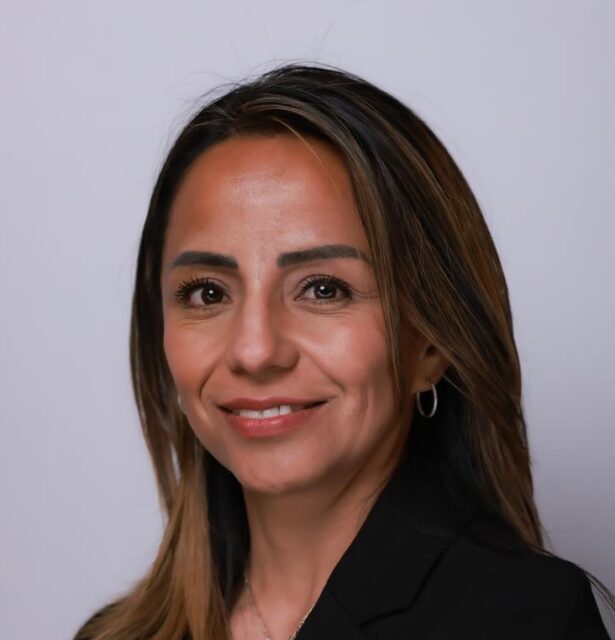Maternal health (MH) racial and ethnic inequities persistently contribute to the rise in maternal mortality (MM) from 20.1 in 2019 to 32.9 in 2021. The financial burden totaled $32.3 billion in 2019 and continues to rise. There is a significant correlation between social determinants of health (SDoH) and adverse maternal outcomes, heightening the risk of MM. Poor coordination of postpartum appointments and lack of transportation often result in hospital readmissions and adverse patient outcomes in low-income and underserved patients. The Transitions of Care (TOC) program aims to address health inequities in the vulnerable MH population. An extensive healthcare network improved MH outcomes by developing and applying a unique MH Transition of Care Bundle (TOCB ™) of interventions to identify, address, and reduce disparities for low-income, marginalized MH individuals. Problem: What problem were you trying to solve? Only 20 percent of an individual’s health is influenced by medical care, while SDoH dictates 80 percent (Phelos et al., 2021). In low-income MH patients, the SDoH barriers include access to care, transportation, medications, and food insecurity. Health inequities intensify the risks of complications for marginalized MH patients, leading to increased hospital readmissions and contributing to the increase in mortality rate in this population. Measurement: How did you measure it? What tools did you utilize? (e.g. fishbone diagrams, control charts) A fishbone diagram with different categories showing root cause and effect was created. The diagram helped the team visualize the patients’ needs to develop a personalized plan for each patient. Additionally, a Comparison of categorical variables was completed utilizing the Chi-square test or Fisher’s exact test, as appropriate. Analysis & Methodology: How did you go about your analysis? Describe any type of statistical analysis you utilized to measure results. Continuous variables were summarized as median (interquartile range [IQR]), and categorical data were summarized as counts (percentages). The comparison of continuous variables used a two-sided Wilcoxon rank sum test. Implementation: What did you implement? What obstacles did you encounter along the way? How did you approach them? How can other healthcare quality professionals apply and or benefit from your research? A TOC model that focuses on care coordination, transportation, food insecurity, medication access, follow-up phone calls, and equipment was created and implemented. Several obstacles were encountered, including establishing patient trust, leadership support, access to resources, and community partnerships. Other healthcare systems can replicate this model by following the simple workflow, considering a series of PDSA cycles and lessons learned from this project. Results/Discussion: What was the outcome? What quality processes and tools were critical to your success? How do you plan to improve and/or sustain your results? The findings of this longitudinal comparison include data from January to December of 2022 and 2023. A total of 1,801 in 2022 and 3779 in 2023 were screened and enrolled. The median age was 29 years, approximately 70% of all patients were Hispanic, and Medicaid recipients 85%. The interventions included coordinating care, providing transportation, addressing food insecurity, increasing access to medication, and providing self-monitoring tools as needed. The readmission rate within a year after delivery in 2022 was 7% compared to 2023 2% which was significant. There was a higher complication rate of 15.5% in 2023 than 7.3% in 2022. The readmission rate within 30 days of discharge after delivery in 2022 was 2% compared to 2023 1%, which was trending towards significance. There was a higher complication rate of 15.5% in 2023 than 7.3% in 2022. The increased complication rate did not result in increased readmission, suggesting that the interventions contributed to better health outcomes.
Research Director at Hackensack University Medical Center
Research Director - Hackensack University Medical Center
Speaker Type: 60 Minute Session On-Demand
Clinical Lead Manager at Hackensack Meridian Health
Clinical Lead Manager - Hackensack Meridian Health
Speaker Type: 60 Minute Session On-Demand
Director of Community Health Quality at Hackensack Meridian Health & Hackensack School of Medicine
Director of Community Health Quality - Hackensack Meridian Health & Hackensack School of Medicine
Speaker Type: 60 Minute Session On-Demand, Virtual Live
Senior Vice President & Associate Chief Quality Officer at Hackensack Meridian Health
Senior Vice President & Associate Chief Quality Officer - Hackensack Meridian Health
Speaker Type: 60 Minute Session On-Demand


